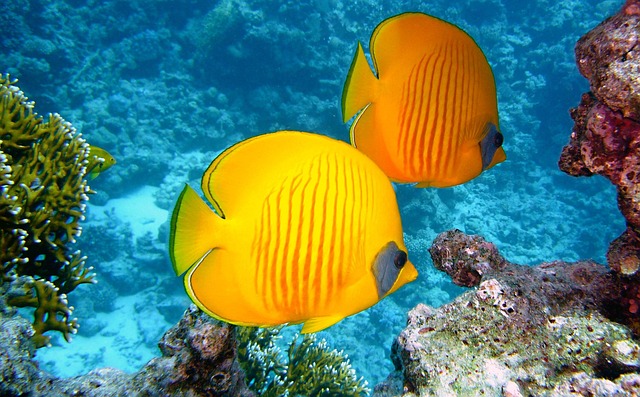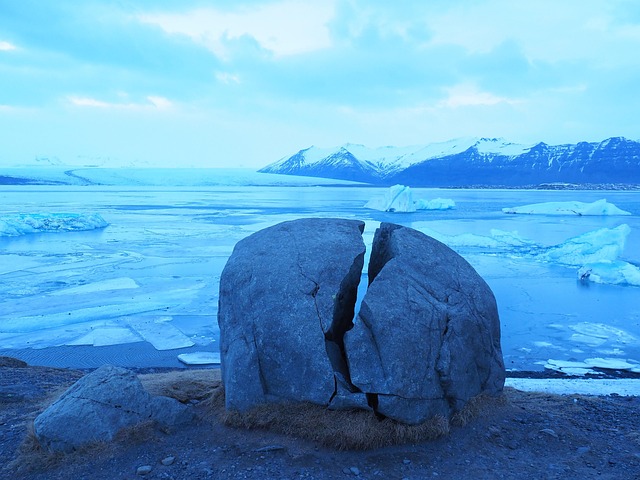Coral reefs, often dubbed the “rainforests of the sea,” are among the most vibrant ecosystems on our planet, brimming with life and color. These underwater gardens serve as habitat for countless marine species, providing essential ecological functions such as coastal protection, carbon sequestration, and tourism. However, the increasing impacts of climate change are sending shockwaves through these delicate ecosystems, pushing them to the brink of collapse.
The most alarming consequence of our planet’s rising temperatures is coral bleaching. Coral reefs rely on a symbiotic relationship with zooxanthellae, tiny algae that reside within coral tissues, giving them their brilliant colors and providing crucial nutrients. When water temperatures rise, corals experience stress and expel these algae, leading to a loss of color and vital energy sources. This phenomenon not only affects the corals themselves but also the myriad of marine species that depend on them. In a world where we’re already witnessing a decline in biodiversity, the disappearance of coral reefs threatens the very foundation of marine life.
In addition to bleaching, ocean acidification is another peril caused by climate change that endangers coral reefs. As carbon dioxide emissions increase, a significant portion of this gas is absorbed by oceans, leading to chemical changes that reduce the availability of carbonate ions essential for coral growth and maintenance. The combined stressors of warming waters and acidifying oceans create a dual threat that could push these charming ecosystems toward irreversible decline.
The devastating impact doesn’t stop at marine life; communities that rely on coral reefs for food, tourism, and protection from storms are also at risk. Millions of people around the globe depend on healthy reefs for their livelihoods, and as these ecosystems deteriorate, so too do the economic and social structures built around them. Coastal fishing industries, diving tours, and tourism experiences that highlight the beauty of coral reefs face a bleak future in a changing climate.
As stewards of the planet, it is essential to advocate for sustainable practices that mitigate climate change impacts. Protecting our oceans through marine protected areas, sustainable fishing, and reducing carbon footprints can all contribute to safeguarding coral reefs. Every small action counts; whether it’s choosing sustainably sourced seafood or supporting organizations dedicated to coral conservation, we can all play a role in preserving these natural wonders.
Moreover, raising awareness about the importance of coral reefs is crucial. Education about their significance and the threats they face can inspire collective action, urging policymakers to prioritize climate action and marine conservation. By sharing knowledge and encouraging community involvement, we can create a network of advocates for our planet, working together to combat climate change and protect the treasure troves beneath the ocean’s surface.
As we continue to confront the challenges posed by climate change, we must remember that the survival of coral reefs is intricately tied to our own. The fate of our marine ecosystems and the communities that depend on them is at stake, making it imperative for us to act now. The beauty and biodiversity of coral reefs may indeed be waning, but with concerted efforts, we can hope to reverse the tide. The future of these vital ecosystems hangs in the balance, and it is our responsibility to protect them for generations to come.



